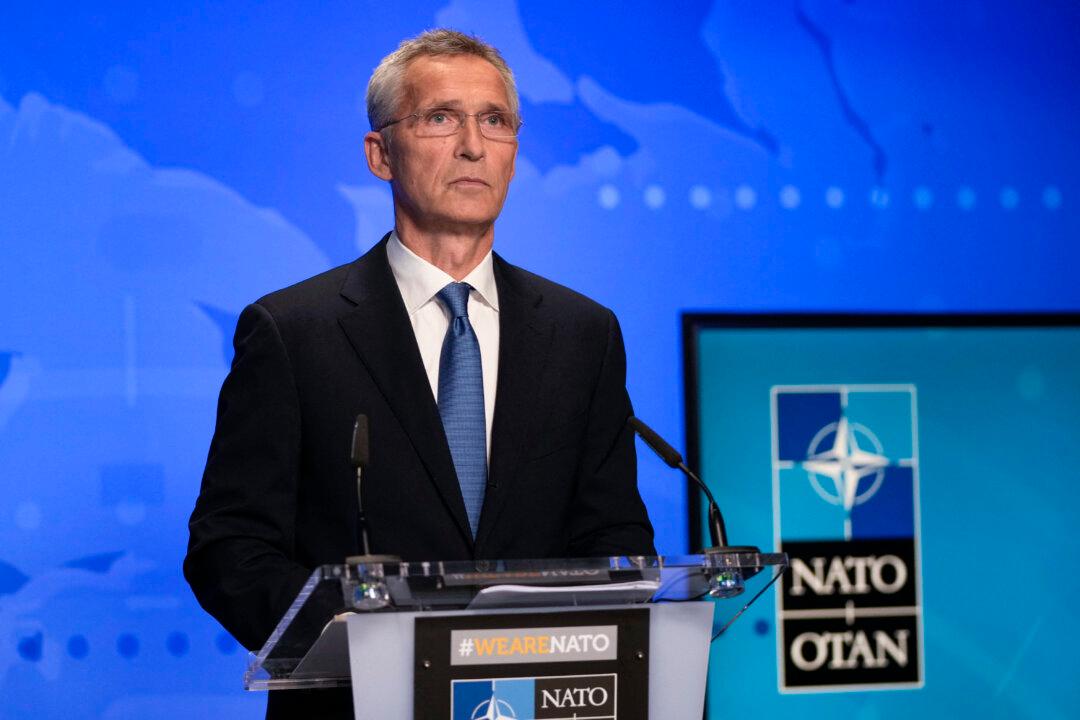NATO agreed on a new master plan on Thursday to deter Russian advances on multiple fronts amidst a new low in the relationship following the ouster of NATO-accredited Moscow envoys and reduction in the number of Russian positions within the alliance.
The confidential strategy, Concept for Deterrence and Defence in the Euro-Atlantic Area, aims to prepare NATO members for attacks from the Baltic and Black Sea regions. The plan has incorporated measures for nuclear, space, and cyber attacks. As for cyber warfare, the meeting concluded with $1 billion in seed funding for developing digital technologies.





